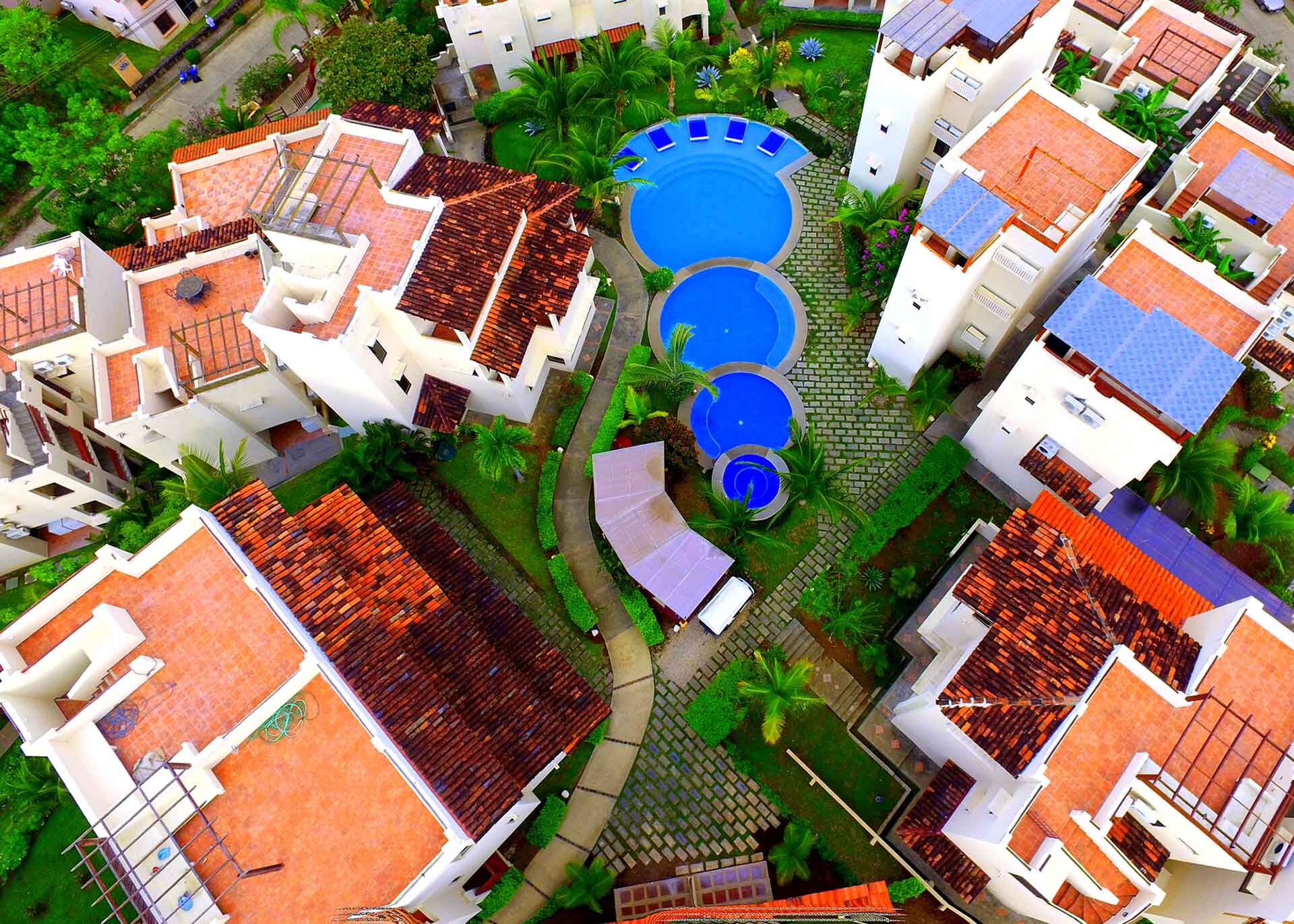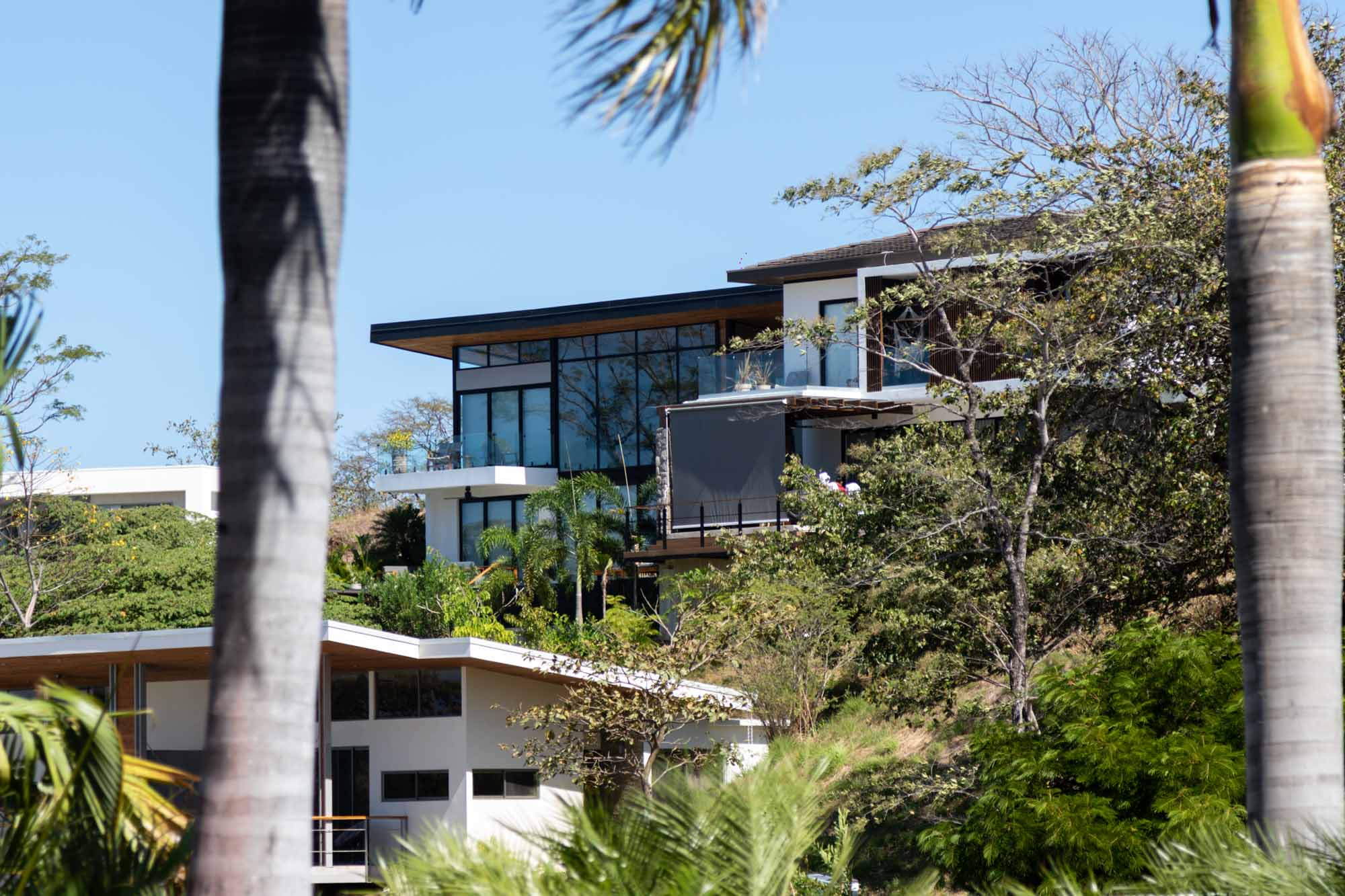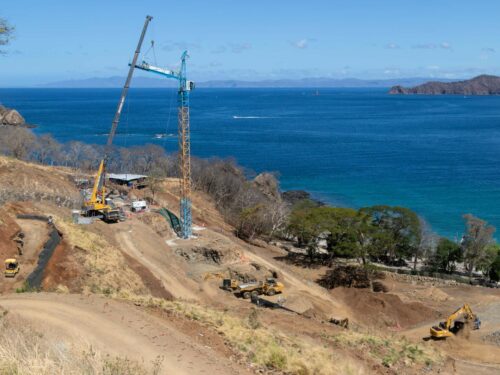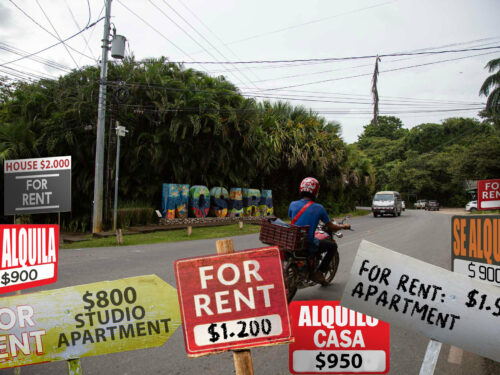
In Costa Rica, 21% of Airbnb hosts have reached “Superhost” status, according to user reviews. This places it as the Latin American country with the second highest percentage with this recognition, surpassed only by Puerto Rico, with 41%.
In addition, according to Airbnb data, Santa Cruz, in our province, is the most hospitable city in the country, with 28% of hosts recognized as “Superhosts.” Only three cities in the region have higher percentages: San Juan, Puerto Rico; Canela in Rio Grande do Sul, in Brazil; and Ensenada in Baja California, in Mexico.
According to research carried out by Oxford Economics, in 2021, Costa Ricans and foreign visitors who used Airbnb in Costa Rica spent $493 million (not including lodging expenses), which is equivalent to 18.5% of all direct tourism activity in Costa Rica, according to calculations by the same economic analysis firm.
Like any economic activity, it should also contribute to public finances and government works. And what is collected must translate into an improvement in the quality of life of those who live in the country. Is that being reflected? What should Airbnb users comply with, what do they fail to comply with and what consequences can they have?
Laws Yes, Compliance No
In October of 2019, the government signed Law 9742, which regulates non-traditional lodging services, including platforms such as Airbnb.
If we are carrying out an economic activity and omitting that part in which we are responsible for contributing with taxes, we are failing in our duty as citizens, generating unfair competition between those who are following the rules and who comply with all their obligations versus those who are outside [the law],” said Marianela Masís, international tax coordinator for the BDO firm in Costa Rica.
The regulations impose obligations on Airbnb rental owners, such as registration with the Costa Rican Tourism Institute (Spanish acronym: ICT) and the General Taxation Administration for paying taxes established by law such as Income Tax and Value Added Tax (VAT).
Although the law was published in 2019, the regulation didn’t go into force until August of 2021. Even with its publication, there’s no compliance with the obligations it establishes.
“You have to be very transparent in saying that there’s a large sector [of Airbnb hosts] in Costa Rica that hasn’t been formalized,” Masís said.
ICT’s site only has 631 registered accommodations that comply with the rules.
Those who haven’t registered run the risk of facing fines and penalties established by law, which can have a significant long-term economic impact.
According to Masís, if the Ministry of Finance detects that the property is not properly registered, the owner will receive an economic sanction equivalent to half a base salary (approximately ₡462,000 or about $850 USD) for each month that has passed since the Airbnb rental began operating, up to a maximum limit of three base salaries.
“The Ministry of Finance has up to four years to review and audit the taxes related to an economic activity,” she explained. “However, if formal duties are completely omitted, this period can be extended up to 10 years. So, although it seems that everything is calm, it’s possible for the Ministry of Finance to knock on your door a long time later.”

In Latin America, several destinations stand out for having a high percentage of Superhosts. Puerto Rico is positioned as the leader with 41%, followed by Costa Rica with 21%.Photo: GuanaDrone
Slow Steps
According to the specialist, the Ministry of Finance has not been very active in implementing and supervising the law.
A direct action would be the review of the people who are engaged in this activity. Go knock on the door directly to see if the Airbnb owners have everything in order, to see if they are registered and reporting their obligations, which, from what we’ve seen, the Ministry of Finance hasn’t been very active in this field,” she commented.
According to Masís, what the Ministry of Finance did take action on was the approval of the Tax Reform in 2018, through the Public Finance Strengthening Law.
With the legislation, the Ministry of Finance regulated cross-border digital services from digital platforms, such as Netflix, Spotify and Uber. It created a listing of commonly used services and forced card issuers in Costa Rica to withhold VAT (13%) every time people with cards issued by banks in Costa Rica rent an Airbnb.
However, Masís pointed out that this created great distortions.
“When a Tico used his card for a lodging via Airbnb, in Costa Rica, in Mexico or in the United States, the card issuer did not discriminate. The VAT withholding was still applied. In addition, the user was charged this tax by his host. Then there was a series of duplicate charges or improper charges,” she specified.
To deal with the situation, Airbnb decided to register with the Ministry of Finance as a provider of cross-border digital services as of June 1, 2023.
With the registration, it began to charge VAT on its service fees to users in Costa Rican territory, and Costa Rican banking entities stopped applying VAT to national transactions from the platform.
How do I book in full compliance with the law?
According to the specialist, there are two ways to do so:
The quickest way to confirm if the Airbnb rental that we reserve complies with all legal regulations is to ask the host for the electronic invoice.
“For the consumer himself to require the electronic invoice encourages the people who offer the service to be legalized in all of their tax obligation matters,” concluded Masís.
Another way is to verify that the owner of the Airbnb that you want to reserve appears in the registry of non-traditional lodgings. In addition, if you are interested, you can also register your property with the Costa Rican Tourism Institute (ICT) at the same site to offer it as lodging.







Comments